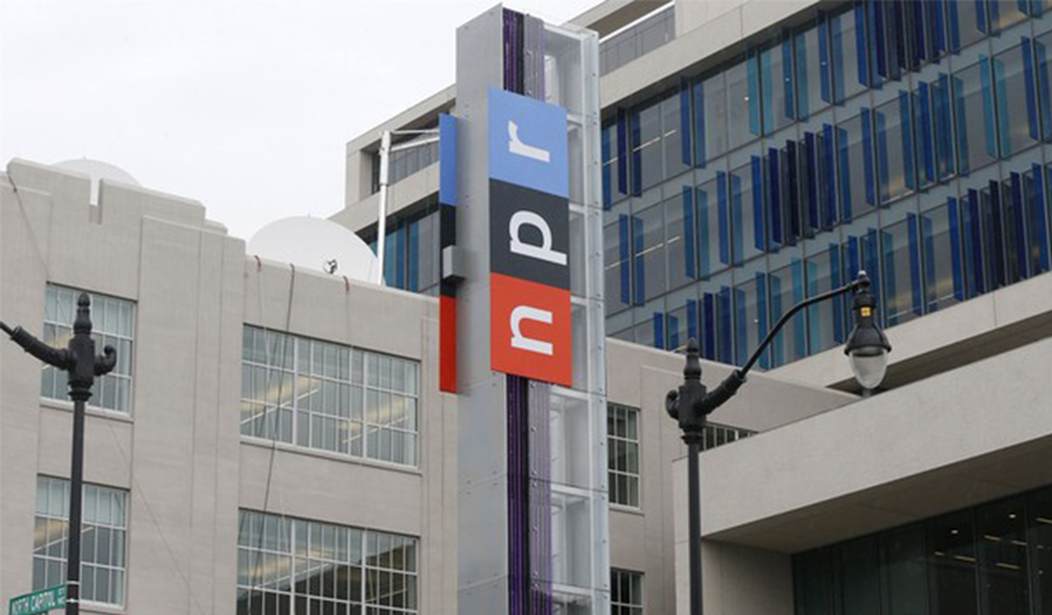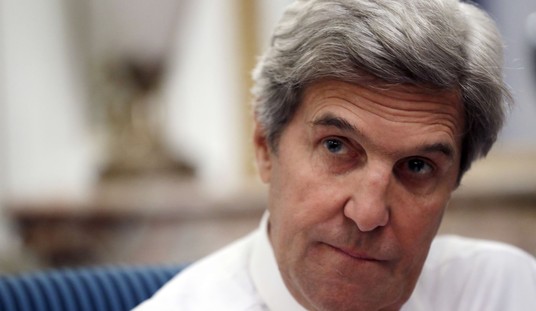President Donald Trump is finally carrying out his threat to cut taxpayer funding for public broadcasting, after long complaining about its far-left "woke" bias against conservatives.
The director of the U.S. Office of Management and Budget, Russ Vought, informed Congress of his plan to terminate $1.1 billion in funding to the Corporation for Public Broadcasting, reported the New York Post on April 14.
Vought is also working to codify other budget cuts identified by the Department of Government Efficiency (DOGE), such as the slashing of $8.3 billion from the U.S. Agency for International Development (USAID).
Elon Musk, whom President Trump tasked to lead DOGE, has also called for NPR to be defunded.
The OMB chief accused the CPB of a "lengthy history of anti-conservative bias" and USAID of "waste, fraud, and abuse," reported the New York Post. The publicly funded Corporation for Public Broadcasting, which funds National Public Radio (NPR) and the Public Broadcasting Service (PBS), has long been accused of having an anti-American "woke" agenda.
"For years, American taxpayers have been on the hook for subsidizing National Public Radio (NPR) and the Public Broadcasting Service (PBS), which spread radical, woke propaganda disguised as 'news,'" the White House wrote in a statement.
Vought noted two recent PBS programs for children that promoted trans-identifying characters and the silencing of non-leftist viewpoints. He told Congress that without the rescissions, taxpayers would continue to pay for such programs like $9.4 million for "Championing Transformative Changes in Gender Norms," $6 million for "Palestinian media and civic society support," and $3 million for "Sesame Street" in Iraq.
President Trump referred to taxpayer funding of NPR’s and PBS’s content as a waste and described it as "very unfair, it's been very biased — the whole group... the kind of money that's being wasted, and it's a very biased view."
"Since day one, the Trump Administration has targeted waste, fraud, and abuse in Federal spending through executive action, DOGE review, and other efforts by departments and agencies. Congress has expressed strong interest in supporting those efforts, and requested the Administration transmit rescissions to the Hill for swift approval," Vought wrote in his statement to Congress.
"OMB recommends the Administration respond with two proposals to cut $9.3 billion," he added.
"The first includes a rescission of $8.3 billion in wasteful foreign aid spending (out of $22 billion) that does not expire in Fiscal Year (FY) 2025. The second is a separate rescission of all Federal funding for the Corporation for Public Broadcasting (CPB) — which funds the politically biased public radio and public television system," wrote Vought.
Brendan Carr, the chairman of the Federal Communications Commission, sent a letter in late January to the heads of NPR and PBS, announcing an investigation into the public outlets for airing sponsorships, a longtime practice.
“I am concerned that NPR and PBS broadcasts could be violating federal law by airing commercials. In particular, it is possible that NPR and PBS member stations are broadcasting underwriting announcements that cross the line into prohibited commercial advertisements,” wrote Carr.
In response, NPR president and CEO Katherine Maher explained to Carr that generating ad revenue was a long-held practice of NPR.
“We are confident any review of our programming and underwriting practices will confirm NPR’s adherence to these rules. We have worked for decades with the FCC in support of noncommercial educational broadcasters who provide essential information, educational programming, and emergency alerts to local communities across the United States,” she wrote.
Vought noted that Maher had once openly called President Trump a "deranged racist" and a "fascist," to which she has since apologized for getting caught.
Rep. Ronny Jackson (R-Texas) proposed a House bill on March 28 called the "No Partisan Radio and Partisan Broadcasting Service Act," that would prevent NPR and PBS from receiving taxpayer funds.
Jackson's pushed the legislation after a heated House Oversight subcommittee in which Maher and PBS president and CEO Paula Kerger were grilled over their outlets' alleged political bias.
Rep. Marjorie Taylor Greene (R-Ga.), the DOGE House subcommittee's chairwoman who is co-sponsoring the bill with Jackson, stated that “these taxpayer-funded PR arms of the Democrat Party don’t deserve the American people’s hard-earned money.
"NPR and PBS hate President Trump, his supporters, and the majority of Americans who ent us a mandate in 2024. They can hate us on their own dime,” Greene continued.
"Public media in the United States is a highly efficient public-private partnership that delivers a strong return on the taxpayers' investment. For every public dollar provided, stations raise nearly seven dollars from donors, underscoring their value to the communities they serve," CBP argued in response to the proposed defunding bill.
The New York Times reported that NPR executives produced a secret report in 2011 that estimated that up to 18 percent of roughly 1,000 member stations across the United States would close and $240 million would vanish from public radio if government funding were eliminated. Stations in the Midwest, the South, and the West would be most affected, while roughly 30% of listeners would lose access to NPR programming, according to the report.
The Hill reported that a White House official confirmed “that the package will be sent to Congress when lawmakers return from Easter recess on April 28. The package requests to eliminate $9.3 billion in spending.”
Congressional lawmakers have 45 days to pass the rescission plan, and Trump administration officials told the New York Post that they are optimistic that it will pass.
Help PJ Media continue to tell the truth about the Trump administration's accomplishments as we continue to usher in the Golden Era of America. Join PJ Media VIP and use promo code FIGHT to get 60% off your membership.










Join the conversation as a VIP Member